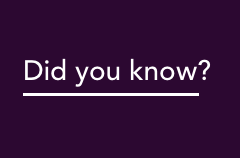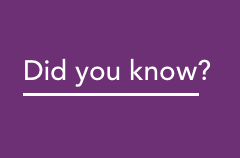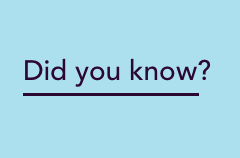Timeline
-
Consultation paper published5 July 2024
-
Submissions due on consultation paper2 August 2024
-
Draft report published, including a draft Inertia Requirements Methodology25 September 2024
-
Submissions due on draft report23 October 2024
-
Final report published, including a draft Inertia Requirements MethodologyExpected 13 November 2024
Key contact:
Matter under consultation
In March 2024, the Australian Energy Market Commission (AEMC) released its final determination on the Improving security frameworks for the energy transition rule change. This introduced new requirements for the Inertia Requirements Methodology.
AEMO has now completed the two-stage Rules consultation on amendments to the Inertia Requirements Methodology in accordance with clause 5.20.4 and the Rules consultation procedures in rule 8.9 of the National Electricity Rules (NER).
Key changes
AEMO received two submissions in response to its second-stage consultation paper. AEMO thanks stakeholders for their submissions and appreciates the thoughtful contributions on these complex matters.
After considering second stage submissions, AEMO has amended its final position from the draft report on the following material principles and requirements:
- Within the inertia network service specification, the primary test to quantify the inertial response of equipment will be a clean trip to create a power imbalance. The response to a fault, and to a phase angle jump, will be used as a secondary assessment to verify the robustness of the inertial response provided. The inertia network service specification has several other minor amendments related to the testing methodology to provide further clarity in response to stakeholder feedback.
The following material principles were supported by consultation feedback, or have been further justified in the final determination. AEMO has maintained its draft position on these elements:
- When determining the system-wide inertia requirements, power system simulation studies will be performed iteratively to assess the performance of each sub-network against the success criteria. The initial inertia levels and distribution are set by the secure level of inertia sub-network values.
- A set of principles will guide the determination of sub-network islanding risk in each annual Inertia Report. These principles include the level and duration of inertia typically available, the inertia sub-network allocation in adjacent sub-networks, and the likelihood of islanding under contingency events.
- A range of modelling improvements will be included in the Methodology, pertaining to the consideration of credible contingency events that may cause the formation of an island and additional modelling considerations.
- The inertia network service specification will outline the performance parameters and requirements for synchronous and synthetic inertia service providers, and the process for AEMO to approve equipment. Synthetic inertia will be quantified using the swing equation – ‘indirect approach’.
AEMO’s final determination on the proposal is to amend the Methodology in the form published with this final report, with an effective date of 1 December 2024.
Final stage documents
-
29/11/2024
Final Inertia Requirements Methodology Determination
674.35 KB -
29/11/2024
2024 Inertia Requirements Methodology
This document presents the methodology AEMO used to define inertia sub-networks in the NEM, and the calculation methods used to determine the system-wide inertia level, inertia sub-network allocations, satisfactory, and secure inertia levels needed in those sub-networks. AEMO concluded consultation on this methodology in November 2024
1.34 MB -
29/11/2024
Final Inertia Requirements Methodology Determination (marked up showing changes between draft and final)
1.72 MB






